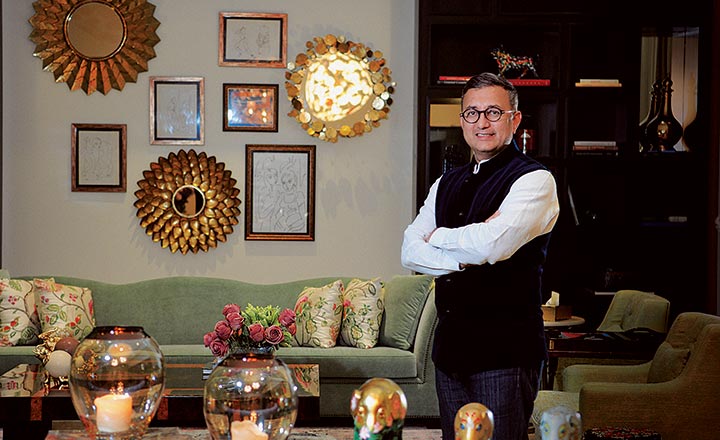Like most entrepreneurs, Ranjan Pai reinvested his money into his company. “Until recently, I hadn’t invested much outside of it, except for some real estate and a house. I also have investments in the stock market through mutual funds, since picking up individual stocks is time-consuming,” he says.
But Pai’s new-found passion is investing in start-ups, where a lot of his wealth has been invested over the past five years. “It’s more than 50%. But what excites me more is meeting entrepreneurs and learning from them,” says Pai, who also makes small-ticket investments in companies in his individual capacity. The balance 50% of his portfolio is equally split between real estate and mutual funds. For his mutual fund investments, Pai relies on his wealth managers, who go by the performance of fund managers. But that is more of passive investing.
Pai feels investing in start-ups can be rewarding if the strategy is right: “If you have a wide portfolio of start-ups, you can make decent return. It is important not to have a concentrated portfolio.” He has about 30 companies in his portfolio. While these investments are monitored by his family office, Pai meets the founders once a year to see their progress.
When it comes to return in start-ups, the best has been 15x. “Sometimes, it is a pleasant surprise when startups return your cheque within a year saying they have been acquired. I do it because I enjoy investing in start-ups, and not for making money,” says Pai with a smile.
Pai is also bullish on real estate. “You cannot go wrong in India. You could have bought it in any cycle but, if you hold it long enough, you will make money. You just have to be patient and should not get into real estate for speculative purposes,” he cautions.
While he was investing a lot more in real estate about ten years back, it's all about start-ups now. Pai relies a lot on his gut when it comes to making decisions and that is showing up on his portfolio which is generating an average annual return of 15-20%.











